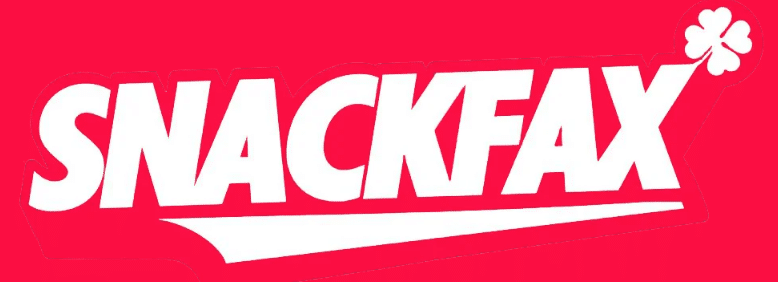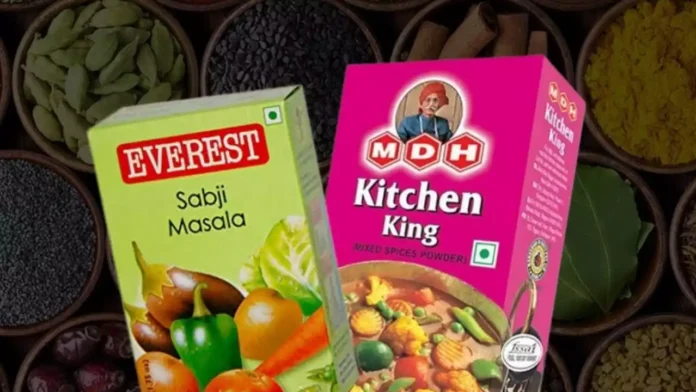Approximately one-third (32%) of retailers are restricting supplies of branded packaged spices suspected to contain contaminants, as reported by Kirana Club, a grocery retail networking platform with 1.8 million kirana stores in its network.
Hong Kong, Singapore, and Nepal have implemented restrictions on the sale of certain variants of spices from the MDH and Everest brands, claiming that they exceed the allowable level of ethylene oxide.
Anshul Gupta, the founder of Kirana Club, stated that despite the controversy, the overall sales of branded spices have been minimally affected.
“The issue hasn’t reached widespread awareness yet. Those who are informed tend to associate the problem with just two specific brands rather than the entire category,” Gupta said. He noted that some retailers are keeping limited stocks of the two affected brands until the situation settles.
Continue Exploring: Nepal bans import, sale of Everest and MDH spices over ethylene oxide concerns
Despite the growth of quick commerce, India’s estimated 12 million kirana, or neighborhood, stores still account for over three-fourths of annual sales of groceries, staples, and daily essentials.
Following the controversy over contaminants in spices, the All India Consumer Products Distributors Federation, representing FMCG distributors, advised retailers to reduce their inventory of branded spices.
MDH and Everest did not respond to inquiries regarding retailers limiting their stocks.
Continue Exploring: MDH and Everest spice controversy threatens over half of India’s spice exports, urgent action needed: Report
Early last month, Hong Kong banned several variants of MDH and Everest spice powders. Around the same time, Singapore recalled certain Everest spice variants, citing levels of ethylene oxide exceeding permissible limits. Long-term exposure to this chemical is believed to pose a cancer risk.
Both companies refuted the allegations regarding the presence of ethylene oxide in their products.
In a statement, MDH reassured buyers and consumers that they do not utilize ethylene oxide at any stage of storing, processing, or packing their spices.
Continue Exploring: After Hong Kong Ban, New Zealand investigates contamination concerns in MDH and Everest Spice products
In a statement, a spokesperson for Everest asserted that their exports undergo clearance only upon receiving necessary approvals from the Spice Board of India. They emphasized that their products are both safe and of premium quality.
The spokesperson clarified that Everest’s products were not subjected to bans in either Hong Kong or Singapore. They explained that Singapore’s food safety authority referred to Hong Kong’s recall alert and requested the Singapore importer to recall and temporarily withhold the product for additional inspection. This, they emphasized, was a standard procedure and not a ban.
Meanwhile, the national food safety regulator is currently testing samples of all branded spices to identify any presence of ethylene oxide. In a related development, the Ministry of Commerce announced that the Spices Board has implemented measures to guarantee the safety and quality of Indian spice exports to Singapore and Hong Kong concerning ethylene oxide residue.
Continue Exploring: Spices Board issues comprehensive guidelines to curb ethylene oxide contamination in Indian spice exports


